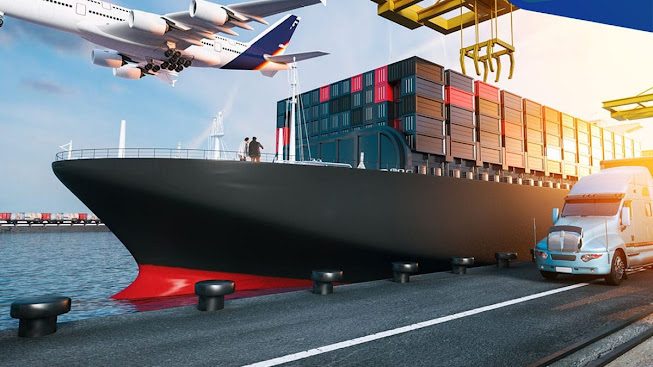Navigating the Road Ahead: Data-Driven Decisions in Fleet Management
In the realm of fleet management, where efficiency, safety, and cost-effectiveness are paramount, data has emerged as the compass guiding the way forward. Thanks to advanced technologies and sophisticated data analytics, fleet managers can now harness the power of data to make informed decisions that optimize operations, enhance safety, and maximize profitability. In this blog post, we will explore how data-driven decisions are revolutionizing fleet management and reshaping the future of transportation.
 |
| Navigating the Road Ahead: Data-Driven Decisions in Fleet Management |
The Power of Data in Fleet Management
Before delving into its applications, let's understand the significance of data in fleet management:
- Data Collection: Fleet vehicles are equipped with a plethora of sensors and telematics devices that collect data on vehicle performance, location, fuel consumption, driver behavior, and more.
- Real-Time Monitoring: This data is transmitted in real-time to a centralized system, allowing fleet managers to monitor the entire fleet at a glance.
- Data Analytics: Advanced data analytics tools, including machine learning and AI algorithms, process and analyze this data to extract valuable insights.
- Predictive Analytics: These tools can also predict future trends and issues, enabling proactive decision-making.
Applications of Data-Driven Decisions in Fleet Management:
1. Route Optimization: Data analytics can identify the most efficient routes for deliveries, taking into account factors like traffic, weather, and road conditions. This reduces fuel consumption and delivery times.
2. Maintenance Predictions: By analyzing vehicle data, fleet managers can predict when maintenance is required, preventing breakdowns and minimizing downtime.
3. Driver Behavior Analysis: Data-driven insights into driver behavior help improve safety and reduce accidents. Fleet managers can identify risky driving patterns and implement corrective measures.
4. Fuel Efficiency: Data analytics can highlight opportunities to optimize fuel usage, such as reducing idle time or selecting more fuel-efficient routes.
5. Inventory Management: For fleets involved in cargo transportation, data-driven decisions can optimize inventory levels, reducing carrying costs and preventing stockouts.
6. Emission Reduction: Fleet managers can use data to track and reduce emissions, contributing to sustainability goals and compliance with environmental regulations.
7. Cost Reduction: Data-driven decisions lead to cost savings by optimizing routes, improving fuel efficiency, and reducing maintenance expenses.
Benefits of Data-Driven Decisions in Fleet Management:
1. Improved Efficiency: Fleet managers can optimize operations for maximum efficiency, reducing unnecessary costs and delays.
2. Enhanced Safety: Data-driven insights into driver behavior and accident prevention measures improve overall safety.
3. Cost Savings: Reduced fuel consumption, maintenance costs, and improved inventory management contribute to significant cost savings.
4. Sustainability: By optimizing routes and reducing emissions, fleet managers contribute to sustainability goals and enhance their organization's eco-friendly image.
5. Competitive Advantage: Organizations that embrace data-driven decisions gain a competitive edge by offering better service at a lower cost.
Conclusion: Charting a Data-Driven Course
Data-driven decisions have become the cornerstone of modern fleet management, offering a multitude of benefits that translate into improved efficiency, safety, and profitability. As technology continues to advance and data analytics tools become more sophisticated, fleet managers can expect even greater insights and opportunities for optimization. The road ahead is clear: data-driven decisions are steering the course of fleet management toward a brighter and more prosperous future.



Comments
Post a Comment